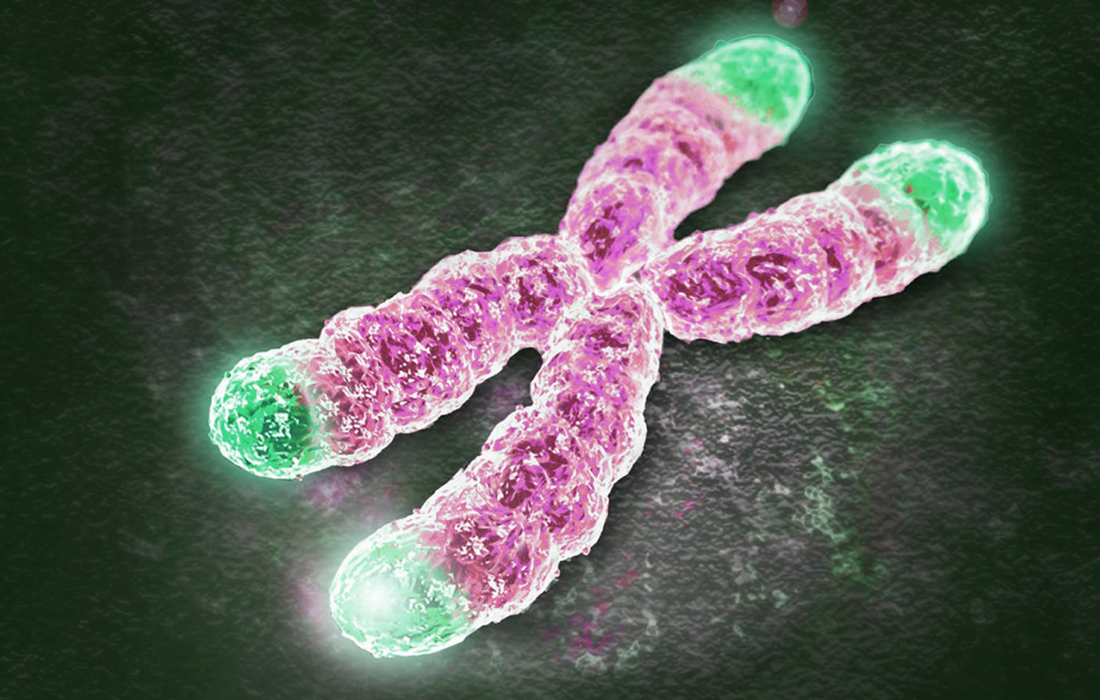Anti-Aging
New Study Shows Evidence of How Stress Accelerates Biological Aging
Cumulative stress can have different psychiatric and physical effects, increasing the risk of cardiometabolic diseases, mood disorders, post-traumatic stress disorder and addiction.
Stress may reduce psychological resilience measures such as emotion regulation and self control that are known to protect against psychiatric and physical health outcomes. Notably, emotional stress exposure decreases cognitive and emotion regulation abilities, and this may be modulated by cortisol.
Stress also decreases self-control abilities and impacts the likelihood of engaging in healthy behaviors such as exercise or maintaining a healthy diet, and it is associated with unhealthy behaviors such as smoking, alcohol and drug use.
Different studies have shown that cumulative stress may impact health via accelerating the cellular aging process. For example, stress shortens telomere length and alters telomerase activity, and this is modified by behavioral and psychological resilience factors.
Methylation occurs when a methyl group is added to the DNA, often during DNA repair. Scientists have developed models called epigenetic clocks to see if they can measure biological aging by examining the amount of methylation at certain sites on the DNA.
New Study Findings
A new study published in the journal Translational Psychiatry by a group of researchers at Yale School of Medicine, New Haven, C.T., looked at whether GrimAge –one of the most successful epigenetic clocks– could be used to measure the impact of stress on accelerated biological aging in healthy 18-50 year olds.
The study included 444 participants from the New Haven, CT area who volunteered to participate. Participants were excluded if they had a substance use disorder (not including nicotine), were pregnant, had a chronic medical condition (e.g., hypertension, diabetes, hypothyroidism), or were unable to read English at or above 6th grade level.
A clinical interview for diagnosis of psychiatric illness as well as a cumulative stress interview and self-reported assessments were also carried out. These collected data on cumulative stress, psychological resilience, self-control, and emotional regulation. Participants also provided a blood sample for the researchers to collect epigenetic data.
Researchers found that increased cumulative stress was associated with accelerated aging compared to chronological aging using GrimAge, and increased biological markers such as insulin resistance.
They also found that emotional regulation reduced the effect of stress on accelerated aging, and self-control was also found to moderate the relationship between stress and insulin resistance.
Some characteristics were also found to cause greater accelerated aging, like identyfing as Black resulted in one additional year of aging for this cohort and being of male sex added 1.2 years.
Sources:
Harvanek, Z.M., Fogelman, N., Xu, K. et al. Psychological and biological resilience modulates the effects of stress on epigenetic aging. Transl Psychiatry 11, 601 (2021). https://doi.org/10.1038/s41398-021-01735-7
Image from:

